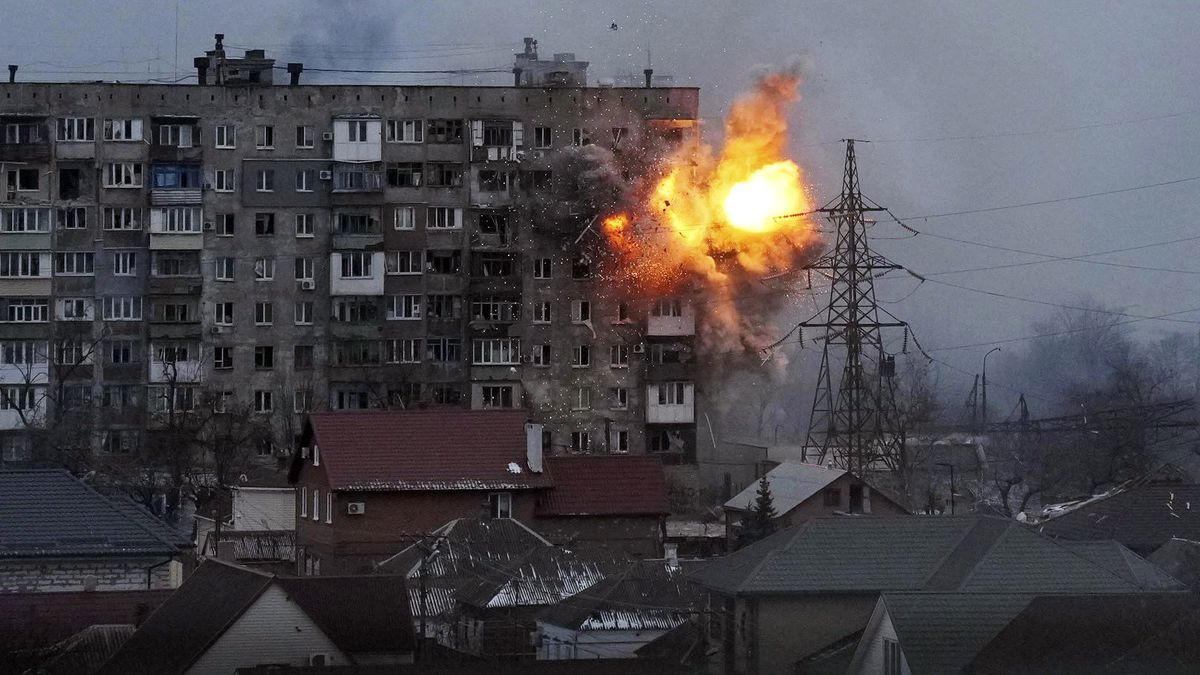By Anne Desdemona
Following the ongoing war between Russia and Ukraine, more than 4.8
million jobs have been lost since the Invasion of Russia on 24th February 2022,
according to an updated brief by the International Labour Organization (ILO).
As reported by Heinz Koller, who is ILO’s Regional Director of
Europe and Central Asia, over 5.23 million refugees who are mostly women and
children, have fled the country to the neighbouring. 2.75 million Of them are
of the working age while 43.5 per cent or 1.2 million had previously held jobs
and have either quit or lost their jobs.
“There are four main takeaways from this report. First of all, massive
job losses in Ukraine, of close to 5 million jobs. Number two, the biggest
movement of people since the Second World war. More than one-fourth of the
Ukrainian population is on the move with more than 7 million internally
displaced people, plus another 5.3 million going to neighbouring countries.” He
said.
Through a continued update by Heinz Kollar, it is noted that apart from
a high population fleeing Ukraine to seek safety, the other impact of the war
has been a rise in hunger levels along with food prices, energy, and
fertilizer.
“Number three, a massive impact on the Central Asian countries, because
the migrant workers are likely to return to their countries and there will be a
loss of remittances, which is a massive contribution to their economies. And
number four, is the massive impact, the global impact, in particular through
rising energy and food prices.” Added Koller.
However, through the utilization of digital technologies, the government
of Ukraine has been able to make considerable efforts in keeping the national
social protection system operational, by guaranteeing payment of benefits,
including those who have been internally displaced.
Local and Global disaster
The disaster in Ukraine has not only affected the country itself but its
neighbours as well, by threatening labour distribution. The main affected
countries include; Moldova, Poland, Romania, Slovakia, and Hungary. If the
hostility continues, refugees will be forced into longer exiles as the labour
markets and social protection systems will continue to be pressured, hence the
unemployment rates will increase.
In Central Asia, especially in countries that depend on remittances from
Russia such as Kazakhstan, Kyrgyzstan, Tajikistan, and Uzbekistan, economic as
well as employment disturbances continue to go up.
The four states are among the leading places of origin for migrants in
the Russian Federation, who send remittances back to their countries. But with
the current ongoing crisis with a high number of migrants losing their jobs,
there will be severe economic losses in Central Rusia as a whole, once the
migrants make their way back home.
Amidst the pandemic period, the Russian aggression has created a shock
to the global economy, hence slowing Covid recovery. Wage growth and employment
are yet to be affected and more pressure will be added on social protection
systems.
For high-income countries that have recently marked stronger market
recovery, repercussions of the Ukraine war may worsen their labour market
conditions and some of the profits made may be reversed.
Prompt actions
A resolution calling on the Russian’s Federation was passed in March by
ILO’s Governing Body, to ‘immediately and unconditionally cease its aggression’
against Ukraine. The body showed concerns in reports of attacks on civilians
and also on employees whose lives were at risk while continuing to work.
To control the effects of Ukraine’s crisis on the Labour market, the
International Labour Organization (ILO) suggested some measures to be carried
out with immediate effect:
- Support
the social protection system in Ukraine to ensure that it continues to pay
benefits, including newly-established cash transfers, to (past and new)
beneficiaries. - Facilitate
the initiatives of employers’ and workers’ organizations so they can play
an important role in providing humanitarian support and ensuring the
continuation of work, where possible. The individual and collective
efforts of the social partners can contribute positively to cohesion and
foster inclusive economic, social and political development. - Prepare
for a post-conflict reconstruction strategy that encourages the creation
of decent and productive jobs through employment-intensive investment. - Provide
targeted employment support in the comparatively safe areas of Ukraine,
including by building on the continuing government-sponsored programme to
relocate workers and enterprises. ILO-supported Local Employment
Partnerships (LEPs) can help create job opportunities.
About the Author
Rading Biko
Contributor
A highly experienced multi-platform Editor, digitally aware, skilled with words, and endowed with the ability to work effective under deadline pressure. Coming with a record of accomplishment of delivery high level of clarity, accuracy, and balance in copy editing functions. Since 2010 I have been working across the full spectrum of Kenyan Media as a Multimedia Journalist on both Electronic(Radio and Television),Print and online media.

















